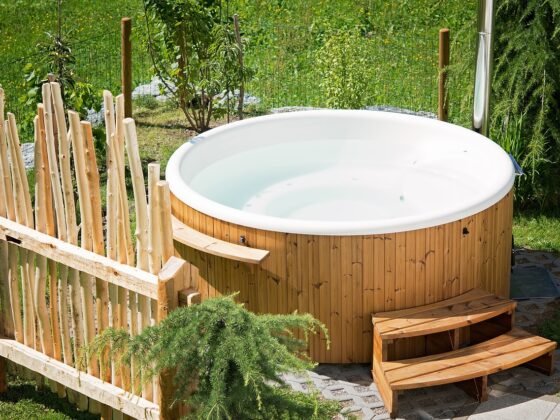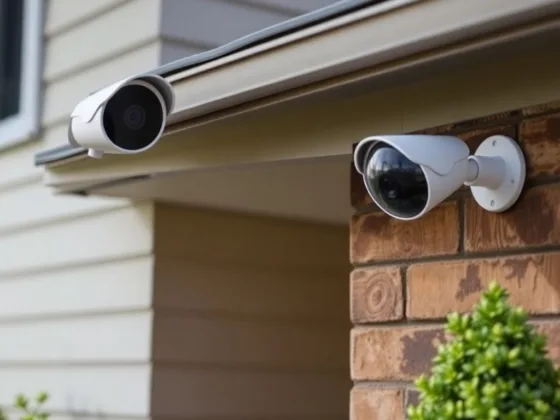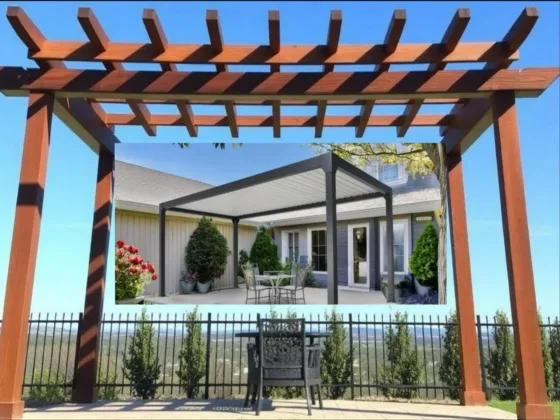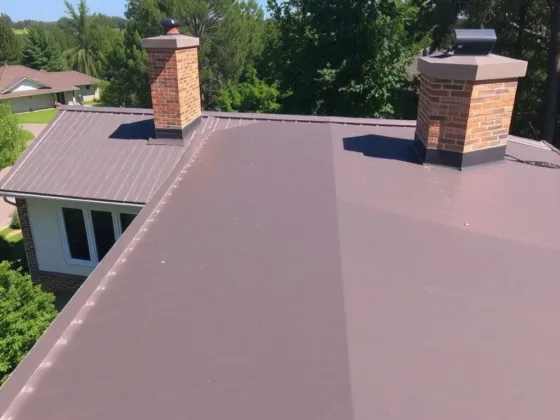Table of Contents Show
Even though cleaning an AC drain line isn’t complex, some individuals don’t have the time or otherwise understand how to go about working on their air conditioners.
Most HVAC maintenance requires inspection first and then cleaning the AC drainage line.
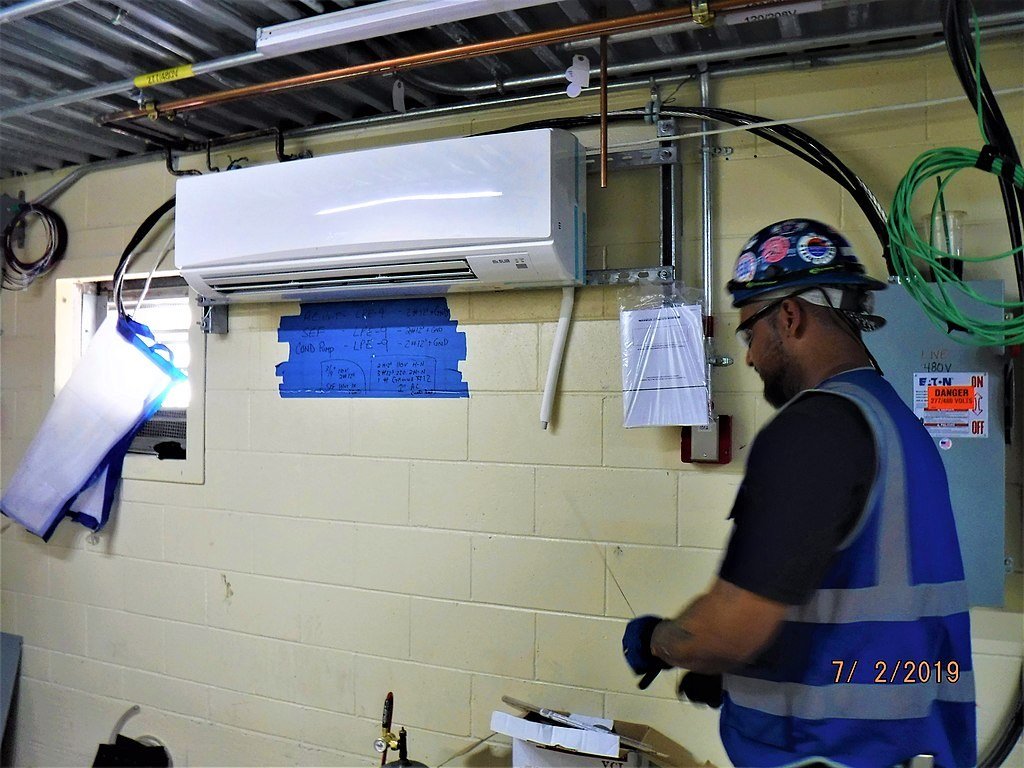
You may need to call an expert or an HVAC professional when you think you have a clogged and filthy drain line.
You can visit AHWA and save on time, frustration, and costs by allowing the HVAC experts to properly install and help maintain your system for the improved longevity of your AC unit.
To keep your AC running smoothly for longer by making the most out of your AC drain line installation continue reading.
Identification of the Problem
Many people find a clogged drain line at the time of a routine inspection.
As not everybody takes the time to review, you’ll want to understand the nitty-gritty of your AC so that you have an easier time troubleshooting.
Tricks to Get the Most Out of Your AC Drain Line Installation
When you use your air conditioning unit every day to cool your house, as the seasons and temperatures change, your system undergoes a notable amount of wear and tear to keep your home’s environment pleasant.
It is crucial not only to your home’s cooling system but also as regular maintenance because the heating and cooling of your house do not strike your mind until the system fails to function correctly or stops working.
Below, you can read a few steps to make the most of your AC drain line installation.
1. Ensure That You Have Accurate Cooling Equipment
Precise sizing is essential for ease and proper energy usage. An AC unit with excess capacity will not be too energy-efficient, whereas undersized or improper equipment will result in uncomfortable temperatures as the climate changes take place.
Read Also:
2. Change the Filters at Regular Intervals
Filters are vital to the AC unit as they remove bacteria and toxic air particles. By replacing filters at regular intervals, you breathe clean and pure air.
Clogged drain lines can make the filters ineffective, causing damage to your unit’s parts and may require costly repairs.
It is advised to check your filter every month and to change it at least every three months.
During seasons when the AC is used heavily, or if you own pets, it is ideal to change the filters monthly.
Whenever the doubt arises, check your filter. If it looks dirty, it is time for you to change it.
3. Do Regular Maintenance
It is advisable to keep yard debris away from the AC unit by blowing or sweeping the leaves out and cutting the overgrown branches and vines.
You may also inspect the wiring or the drain line for any damage that animals or insects may have caused.
4. Plan Seasonal Maintenance by Experts
Preventative maintenance is usually listed semi-annually, and professional maintenance is a must.
See it as a proactive method to take care of your AC unit and the drain lines, just like an annual wellness doctor visit.
Reach out to the experts to help you develop a wellness plan for your AC as a whole.
5. Ask for Efficiency Ratings
When you are spending on an AC unit, it is essential to inquire about the efficiency ratings.
It will help you know how efficiently the AC unit utilizes fuel and other related information.
6. Adjust Your Thermostat
Increasing your thermostat to a few degrees to a suitable temperature will reduce wear and tear on the components while reducing your utility bill.
7. Spend on A Programmable Thermostat
A programmable thermostat is affordable, and they enable you to automatically control the temperature of your house, be it any time of the day, without ever concerning your device.
8. Decrease the Heat Generated in Your House
It is not compulsory, yet advisable to try your best to reduce the heat generated in your house. For instance, you can grill your food outside the house on the patio.
9. Seal the Drain Lines, Air Leaks, And Cracks
Sealing the drain lines, air leaks, and cracks around windows and doors keeps cool air from escaping, especially when it’s a hot and humid summer season, and you need cooling.
10. Know When to Replace Your Existing AC Unit
Most components of any HVAC system or AC unit, in the best-case scenario, only last 15 to 25 years, considering that proper and routine maintenance has been done at all times.
The average age of any AC unit is between 15 to 20 years. There are exceptional cases where the AC units last longer with regular maintenance.
Yet, if you have had problems now and then and the AC has been repaired constantly, you may have to replace it soon.
- Inference
The problem with the drain line of the AC unit can be held for compromised water flow.
If the pan and drain line aren’t somewhat tilted, water can build up in the rear part of the pan and ultimately overflow.
Nowadays, many AC units are equipped with overflow sensors that are pre-installed within the pipe.
If you cannot clean your AC drain line, you must call a professional or an expert. They can clean the pipe properly and install an access vent if required.
You must check the drain line regularly throughout the cooling season to ensure that it is dirt-free and appropriately cleaned.
Routine maintenance like checking your drain line can aid in keeping your AC unit working more efficiently.
Conclusion
Your AC not only removes heat from your house but also removes moisture. During the hot and humid days of summer, it can pull a lot of moisture out of your indoor air. Now, this moisture which is collected as water has to go somewhere.
Ideally, it accumulates in your AC unit’s handler’s condensate drip pan, from where it flows down into the drain line.
But this drain line can become clogged over time, and that can lead to damages.
Hence, clearing out a drain line needs to be done in the right way by the right person or the expert.
Your local dealer will offer you the expertise needed to accurately diagnose and service your AC unit and the drain line installation.

